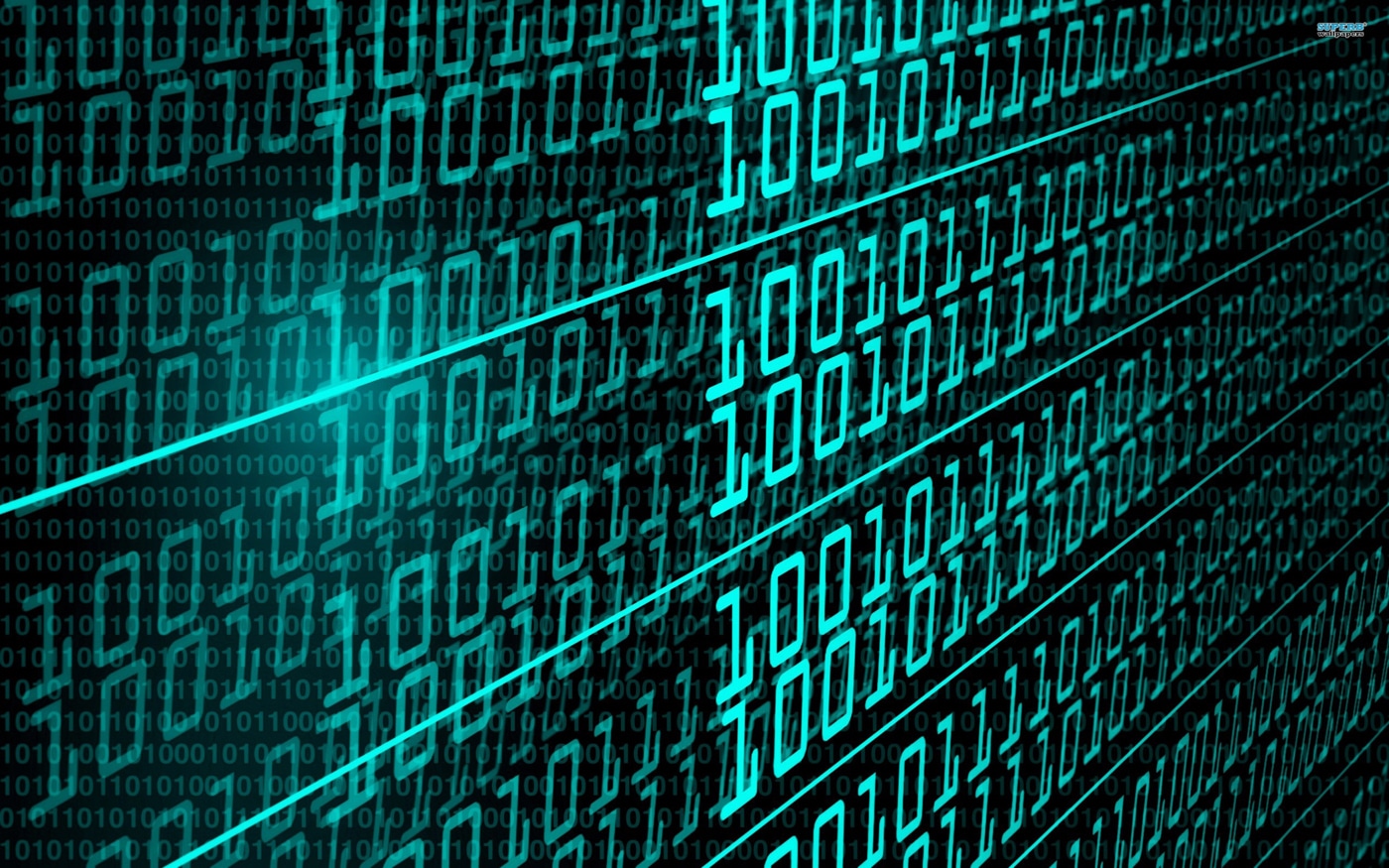It sounds like the stuff of science-fiction and geek ideology, but the ability to download memories may be a full blown reality for the future generations of planet Earth. Science (well, Neuroscience, Neuroengineering, and Optogenetics to be exact) is getting closer and closer to creating a solution for this fascinating prospect.
Just imagine being able to download memories from a favorite holiday or event in your life. You’d be able to store these memories forever and then simply upload them again when you want to reminisce. You’d be able to remember your favorite gig like it was today, not yesterday. It’s pretty awesome stuff, but is it really feasible?
Brainiacs
First off, if Neuroengineering and Optogenetics sound like a complex headache, well, that’s because they are. We’re talking about understanding patterns of the human brain here; the most complex system known in the entire universe. Humans have, on average, around 85 billion neurons (or ‘brain cells’) which together comprise that lump of magical mush we call our brain. Each and every one of these neurons can have thousands of connections to other neurons, sending out electrical signals along any one of these connections. So, it’s not hard to see how ‘decoding’ the brain is going to be far from a walk in the park.
Unravelling the science
Nonetheless, one genius from MIT named Ed Boyden is developing ways of using light to decode brain patterns and control the activity of neurons. This is the deeply complex world of Optogenetics. Through scouring nature’s wonders, he’s found proteins that convert light into electricity. He can then insert these proteins into neurons via a harmless virus that most of you reading this probably already have. When he flashes light on these neurons, their electrical signalling pathways activate. Ed can then go on to map out these pathways with the help of specially designed computer software. He’s already used this approach to cure analogs of PTSD in mice, and hopes to develop ‘Neuroprosthetics’ in the future, which could help restore neurons to full functionality in conditions such as Alzheimer’s, where neural functionality is lost.
So, how does this relate to the ability to download memories?
Well, the beautiful thing about Ed’s research is that he can effectively control the brain in two colors, using light as an ‘on-off’ switch for neurons. This means that brain activity can be converted into a binary code. In the future, if we manage to successfully map the signalling patterns of the brain, we could then also convert and store the signalling pathways involved in memories using binary code. That binary code could then be ‘re-uploaded’ to provide you with all your wonderful, vivid memories of times past.
I’m not going to pretend I fully understand the science involved, because I don’t. But what I do know is this research has the potential to be used in a whole host of applications, from curing diseases to having the awesome ability to download memories. If you have 20 minutes to spare, and you are as fascinated as I am by this prospect, then I thoroughly recommend watching the video below. It is a talk given by Ed himself about his research. Now, if only I could remember where I put my keys?!
Someday We May Really Be Able To Download Memories…Wow
Image Credits: [Public Domain Pictures] / [Emma_85 via SuperbWallpapers] Video Credit: [Ted Talks]

COMMENTS